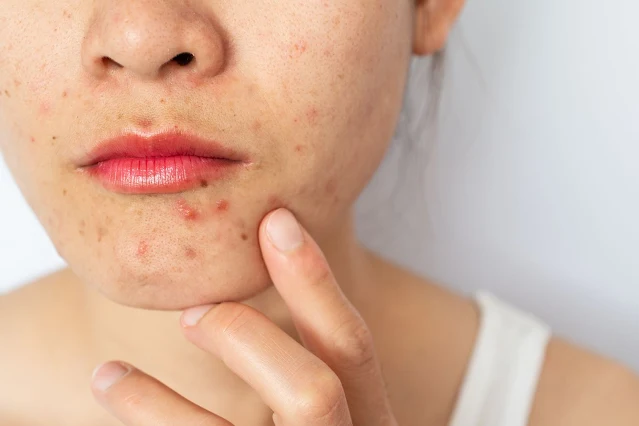How To Treat The Acne Scars
Treating Acne Scars: A Comprehensive Guide to Radiant Skin
Introduction
Dealing with acne scars can be a common concern for many individuals striving for flawless skin. While these scars may seem persistent, there are effective treatments available to help you regain smooth and radiant skin. In this article, we'll explore various methods on how to treat acne scars, providing you with a comprehensive guide to achieving a clear complexion.
Understanding Acne Scars
Before delving into treatments, it's crucial to understand the types of acne scars. Acne scars can manifest in various forms, including atrophic scars (depressions in the skin) and hypertrophic scars (raised scars). The first step in treating acne scars is identifying their type, as different scars may require different approaches.
Topical Treatments
1. Vitamin C Serums: Incorporating a vitamin C serum into your skincare routine can help promote collagen production, aiding in the reduction of atrophic scars.
2. Retinoids: Over-the-counter or prescription retinoids can encourage cell turnover, improving the texture of the skin and minimizing the appearance of scars over time.
3. Niacinamide: This antioxidant can be effective in reducing inflammation and hyperpigmentation, contributing to an overall improvement in skin tone.
In-Office Procedures
1. Chemical Peels: Dermatologists often recommend chemical peels to exfoliate the skin, revealing a fresh layer and reducing the appearance of scars.
2. Microneedling: This minimally invasive procedure involves tiny needles creating micro-injuries to stimulate collagen production, aiding in scar remodeling.
3. Laser Therapy: Laser treatments target scars by promoting collagen production and reducing redness, providing a more even skin tone.
Home Remedies
1. Aloe Vera Gel: Known for its soothing properties, aloe vera can be applied to scars to help reduce inflammation and promote healing.
2. Honey and Turmeric Mask: A natural mask combining honey and turmeric can have anti-inflammatory and antioxidant effects, potentially reducing the visibility of scars.
Preventive Measures
1. Sun Protection: Sun exposure can worsen the appearance of scars. Ensure regular use of sunscreen to protect your skin and prevent further damage.
2. Healthy Lifestyle Choices: Adequate hydration, a balanced diet rich in vitamins and minerals, and sufficient sleep contribute to overall skin health.
Conclusion
In conclusion, treating acne scars requires a combination of topical treatments, in-office procedures, and consistent skincare practices. By understanding your specific scar type and incorporating suitable treatments, you can embark on a journey towards achieving a smoother, more radiant complexion. Remember, consistency is key, and consulting with a dermatologist can provide personalized guidance for your unique skincare needs.


Post a Comment for "How To Treat The Acne Scars"